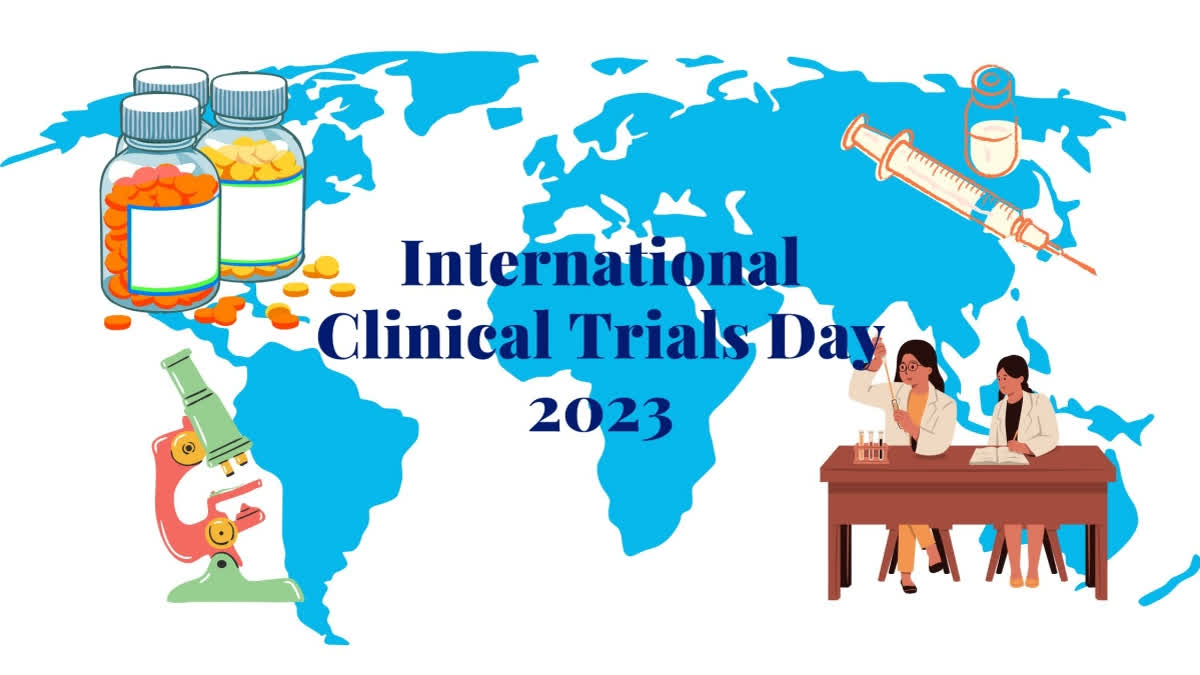Hyderabad: Clinical trials are a very essential practice for the progress of public health and medicine. Through clinical trials, researchers get to test a medical, surgical, or behavioural intervention in people. They get to determine whether a new form of treatment or prevention, such as a new drug, diet, or medical device is safe and effective in people.
According to WHO, people volunteer to participate in clinical trials to test medical interventions such as drugs, cells and other biological products, surgical procedures, radiological procedures, devices, behavioural treatments and preventive care. These trials are carefully designed, reviewed and completed, and researchers must get them approved before starting them.
Also read: World AIDS Vaccine Day 2023: Promoting urgency to develop vaccine to prevent AIDS
International Clinical Trials Day is observed on May 20 every year across the globe to commemorate the day that James Lind, a surgeon in the British Royal Navy, started what is considered the world's first randomised clinical trial on a ship to study the effects of different treatments on scurvy in sailors, on May 20, 1747. WHO states that biomedical clinical trials have evolved into four phases:
- Phase I studies usually test new drugs for the first time in a small group of people to evaluate a safe dosage range and identify side effects.
- Phase II studies test treatments that are safe in Phase I but now need a larger group of human subjects to monitor for any adverse effects.
- Phase III studies are conducted on larger populations and in different regions and countries, and are often the step right before a new treatment is approved.
- Phase IV studies take place after country approval and there is a need for further testing in a wide population over a longer timeframe.
Participants in clinical trials are usually from more than one medical or research institution, and more than one country. Each country has its own set of requirements for clinical trials research and it is possible that a similar research trial could be included from various databases of different countries with different data on the same research.
Therefore, to avoid this confusion regarding similar research and tests, WHO’s International Clinical Trials Registry Platform (ICTRP) links clinical trials registers globally to ensure a single point of access and the straightforward identification of trials to enhance access to information by patients, families, patient groups and others. The ICTRP aims to make information about all clinical trials involving humans publicly available. It also aims to:
- Improve the comprehensiveness, completeness and accuracy of registered clinical trial data;
- Communicate and raise awareness of the need to register for clinical trials;
- Ensure the accessibility of registered data;
- Build capacity for clinical trial registration;
- Encourage the utilization of registered data; and
- Ensure the sustainability of the ICTRP.


